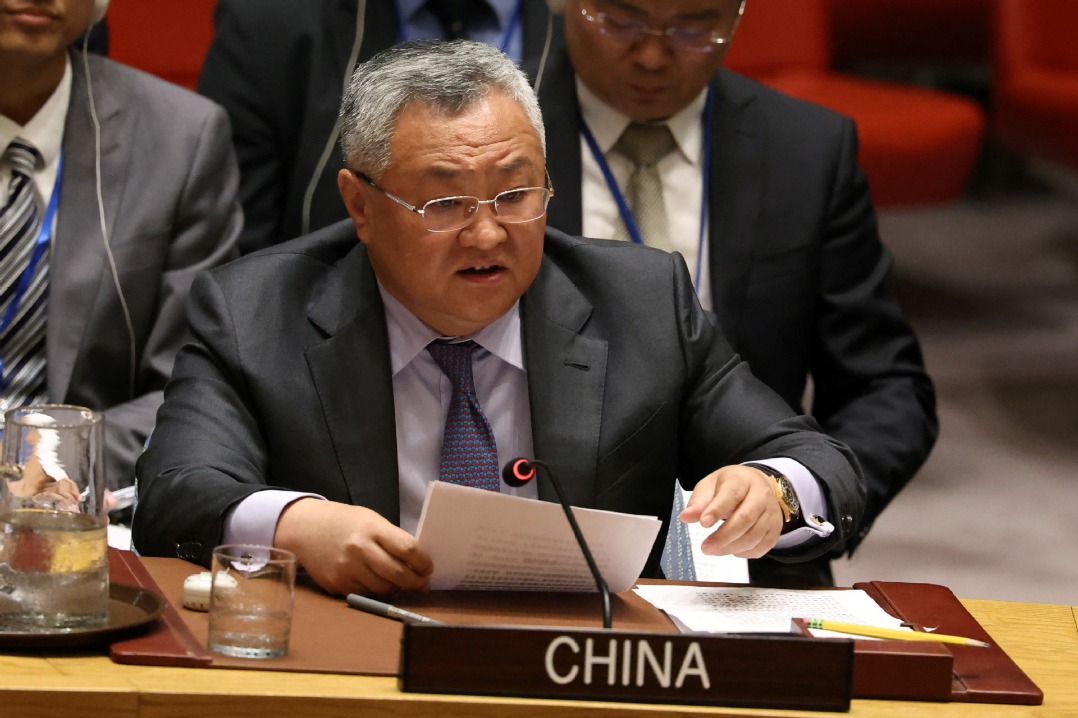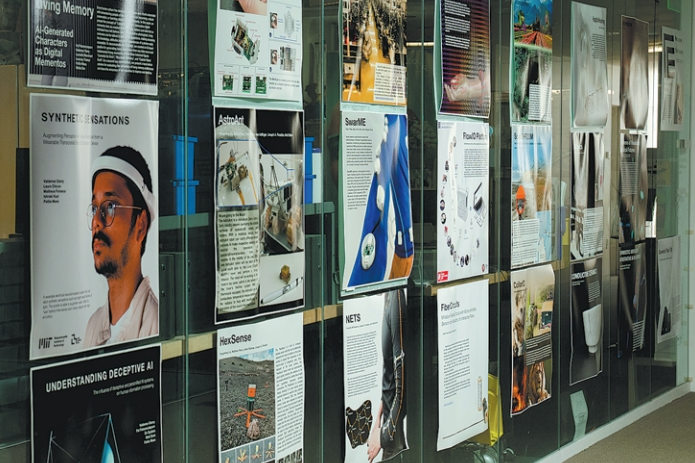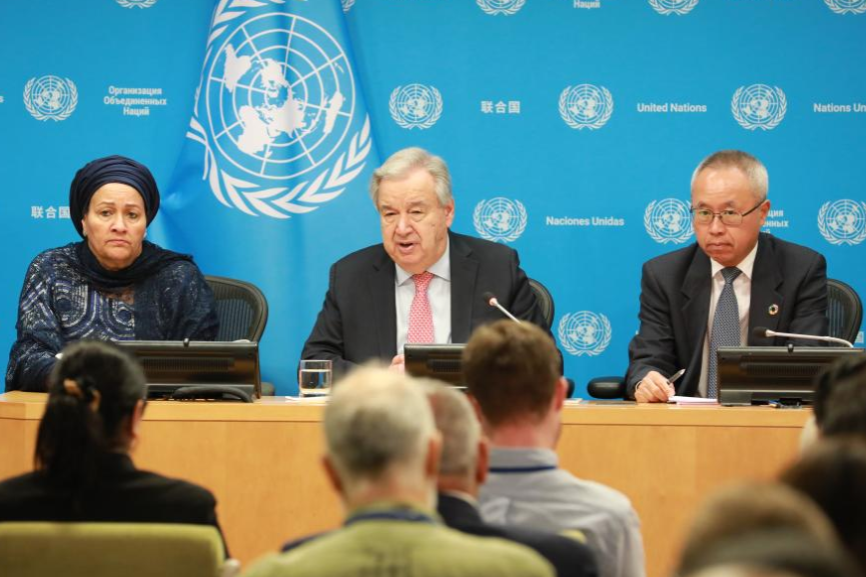Same month, same issue -- different US presidents

It was done in the same month, March, and for the same reason: to protect US steel maker from imports.
But the president who imposed steel tariffs of 8 to 30 percent on imports from Europe, Asia and South America on March 5, 2002, was George W. Bush.
"I take this action to give our domestic steel industry an opportunity to adjust to surges in foreign imports, recognizing the harm from 50 years of foreign government intervention in the global steel market, which has resulted in bankruptcies, serious dislocation and job loss," said Bush.
In announcing tariffs of 25 percent on steel and 1o percent on aluminum on March 1, Trump said the tariffs would "last for a long time" and "we're going to build our steel industry back and we're going to build our [aluminium] industry back''.
Bush's tariffs were to last three years, but he lifted them on Dec 4, 2003, almost two years after imposing them.
"These safeguard measures have now achieved their purpose, and as a result of changed economic circumstances, it is time to lift them," Bush said in a statement.
The tariffs had been declared illegal by the World Trade Organization (WTO), and their removal ended the threat of a trade war with Europe, Japan, China and South Korea.
Members of the European Union had threatened to impose duties on products made in key swing states that would be crucial to Bush's re-election effort, on goods ranging from Florida citrus products to automobiles in Michigan.
Leo W. Gerard, who was president of the United Steelworkers of America at the time, said Bush gave in to foreign pressure in lifting the tariffs.
"Our trading partners obviously engaged the administration in a game of guts poker," Gerard said. "Instead of telling them to 'bring it on', the president blinked."
On March 2, Trump said "trade wars are good": "When a country (USA) is losing many billions of dollars on trade with virtually every country it does business with, trade wars are good, and easy to win."
Time magazine said one "significant difference" between the Bush tariffs and Trump's, is "that Bush relied on a provision of US law that required the administration to show certain damage to US industry from imports, but left the tariffs vulnerable to WTO scrutiny. The Trump administration is instead citing a vague national security provision of trade policy that the WTO typically does not try to probe."
"This is the golden loophole," Gary Hufbauer, a senior fellow at the Peterson Institute for International Economics, a Washington think tank, told Time. "Each country is entitled to define national security as it sees fit."































